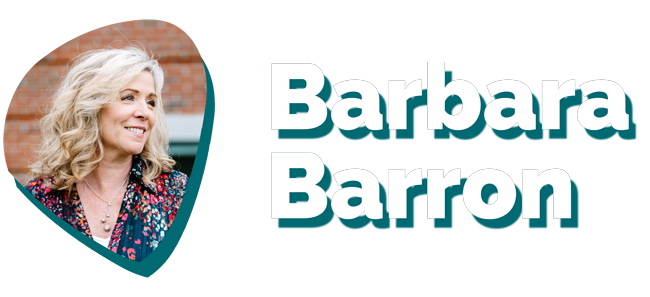April 21st, 2021 by Barbara Barron
My husband and I recently went through a real estate transaction that reminded me of my least favorite donor experiences. As we were going through the rigamarole, I thought to myself, “This is uncomfortably close to how our donors sometimes feel.”
Sad, but true.
Story summary: we refinanced our home in CA and purchased a second home closer to our kids and grandchildren in CT. (Lucky us!) We used one bank for both transactions. A bank with whom we’ve been banking for many years. In fact, they hold the current mortgage on our home. Should be breezy, right?
Well, no. Instead of one underwriter handling both transactions, we had two, each asking for the same information from us, multiple times. These two underwriters – lovely people, I’m sure – needed to be repeatedly given the exact same documents since their fancy “online mortgage loan tracker” failed to work much of the time. Mismanagement, lack of communication, and everyone busily working in their own silos brought us to the brink of the deal falling through, on the Friday before our weekend flight to CT for the closing. Woof.

Everything was fine, in the end, but that was not due to the care or skill of the bank but rather the skill and the patience of Job on the part of my husband. Not sure who the customer was here…
Not sharing this to complain. Merely setting out the context for the learning that I had and hope you have.
How is this like the experience of a donor? Let’s step into her shoes. Someone who wishes to do three simple things, all at once. She wants to 1) make an annual fund gift, as well as 2) update her alumni profile, and, finally, 3) buy tickets to the event.
Three things, that if you were about to pick up the phone and call the school’s development office, should be all be handled within a fifteen minute call.
So now I ask myself: should this imaginary donor need to deal with three different people in the development office? Of course not. The person who picks up the phone in the development office should be capable of handling all three simple tasks. Because these are simple tasks.
I can sense as many of you shaking your head in disbelief as I can in acknowledgment. This happens, folks. And – like at that extremely well-to-do bank – this happens often.
You heard me use the word “silos” earlier. I was very intentional with my word choice. That’s what it feels like, sometimes. We sit busily handling the tasks we feel best at, or are sometimes told to do, and make the donors do the hopping between us. It works for us but seen from the donor’s perspective, it can feel like a relay race. the donor doing the running.
Instead, let us consider the idea of diversifying our training, and making sure that each and every gift officer is responsible — no, empowered – to manage everything that donor may need. Need to RSVP to an event? Happy to help! Change of address? Got it! Wish to make a pledge payment or get a duplicate gift receipt? You bet. Consider the radical idea of having one gift officer managing all the points of contact, creating a seamless and positive interaction, with her donors. Sounds so reasonable, doesn’t it? Not one gift officer for all of your donors. But the donors to whom she is assigned to cultivate and to steward. Think portfolio.
Now we return to our story: Next, we visited the local bank to set up a savings and checking account. The very kind teller explains that, sure, they have online banking. But (and she really did look chagrined to say this next bit), their bank requires that we establish a 6-month “relationship” before we can make deposits remotely. I’m sorry? (I confess I actually laughed out loud in her office.) Relationship? What they really mean is that they require a 6-month “probation” on the part of the customer before the customer is permitted to deposit her money into her account, remotely. Wow. And they are called “Savings and Trust”.
This also felt uncomfortably familiar. In schools, we tend to start a relationship with a family by asking (but actually insisting) that their first gift be made to some amorphous “annual fund”, which we are often at great pains to describe or explain. Not until we know them better do we provide the opportunity for them to make a more designated or – gasp – restricted gift. Honestly, if we flipped that scenario, and gave donors the chance to first make a gift to something tangible and restricted – and then stewarded the heck out of them by showing them the impact that gift made before we asked them to trust US with a gift to the Annual Fund, just imagine what our schools and other non-profit organizations could look like!
Any one of us, and every single donor, can purchase almost anything online and have it on our porch the next day. We’re accustomed to having our coffee made precisely the fussy way we want. That’s the world we live in now. Is your development office working in that same world? Or are we claiming – because it’s easier to stick to the way of working we already know, or whatever excuse we come up with – that “this is the only way we have right now?”
I know we can do better. Let’s all be inspired to look at the work we do differently. Better. (Your future donors thank you for making life easier for them!)
As always, I’m here if you want to discuss this idea. Just reach out via email.
Stay well,
Barbara Barron

[email protected] // @BBAdvancement






